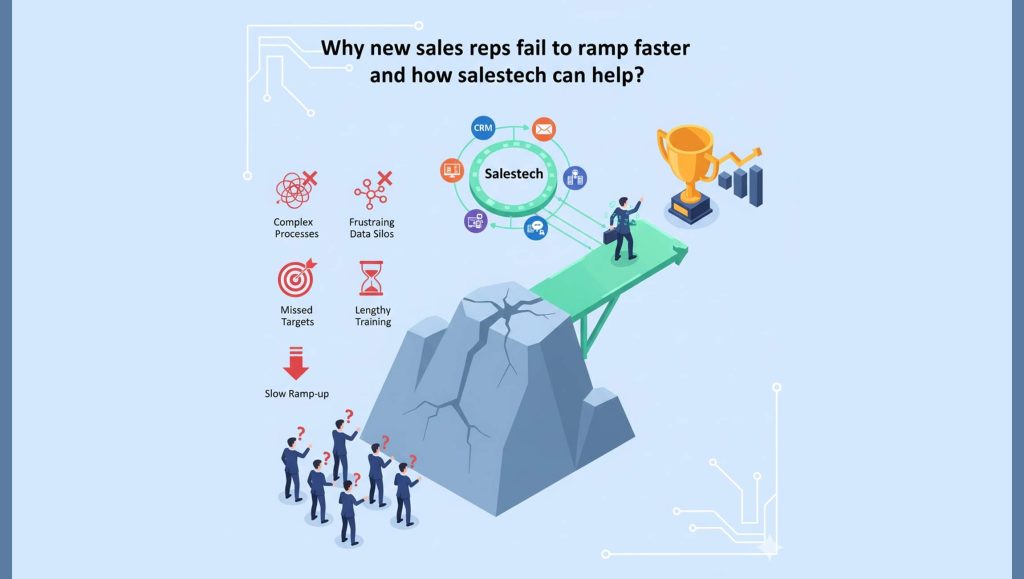When searching for a business phone system, there are two main options – VoIP and traditional landlines. Ooma Office, winner of PC Magazine’s Business Choice Award for Best VoIP System for 10 years in a row, explains why VoIP is better for business.
Today, it’s almost unheard of for a new business to start out with a business landline system. VoIP solutions win out because they offer better technical performance and a wider range of features at a fraction of the price of traditional landlines.
But what does that technical difference mean and how does it help businesses?
Read More: SalesTechStar Interview with Chris Reuter, Head of Growth at Prefect
“Ooma Office is proud to have recently won PC Magazine’s Business Choice Award for Best VoIP System for the 10th year in a row.”
— Jim Gustke, Ooma Vice President of Marketing
VoIP vs Landlines
There are many differences between VoIP and landline solutions. At its most basic level, these boil down to: Voice over Internet Protocol (VoIP) is a digital technology that uses the internet to transmit and receive phone calls.
Landline phone systems are an analog technology that use copper telephone wires to connect calls.
This distinction might not sound like a big deal, but it quickly adds up to major differences in cost, performance, features and more.
Understanding VoIP
VoIP phone systems have become increasingly popular in recent years. There are many reasons: VoIP systems are more cost-effective, provide noticeably better call quality and offer a wide range of call management features.
All these benefits are made possible by the way VoIP systems work. VoIP systems connect to an existing internet connection to transmit data. They’re built on open standards that make it easy for different VoIP solutions to connect to each other and legacy phone systems.
For end-users, using a VoIP phone is like using a traditional phone system, but with much more flexibility. A VoIP phone system still has a business phone number, which can be used on a desk phone, voicemail inbox and more. On top of these standard features, many VoIP solutions offer extra tools, including desktop and mobile apps, that allow users to connect from anywhere.
Read More: Five Ways Business Leaders can Capitalize on the New Era of B2B sales
Key VoIP Benefits
Businesses embrace VoIP technologies for the numerous benefits it offers. Here are the top five reasons why VoIP is better than traditional business phone systems.
• Features – VoIP phone systems come with powerful features enabling businesses to operate more smoothly to deliver better customer experiences. Popular VoIP features include virtual receptionist; call management features like ring groups, call forwarding and voicemail; call logs, recordings and analytics; and mobile and desktop apps.
• Flexibility – with VoIP, employees can access their phones from anywhere making it perfect for remote workers and employees who frequently travel or work outside the office. VoIP systems are also easy to scale up or down according to business needs. Businesses can choose their own phone numbers, select their own equipment and easily add new team members.
• Call Quality – VoIP systems reliably deliver higher call quality by digitizing audio and sending it through the internet. Technologies like voice compression, adaptive redundancy and more make this possible, while minimizing the static, disruptions and dropped calls. Businesses are free to communicate smoothly with customers and their teams.
• Easy to Use – many businesses find VoIP phone systems easier to use than analog equivalents. Many VoIP systems are cloud-based, digital-first solutions and have intuitive interfaces that are easy for new users to learn. It’s easy to install a VoIP system, too. Many providers offer out-of-the-box solutions that anyone can set up, sometimes in as little as 15 minutes or less.
• Cost Savings – one of the biggest benefits – saving money. Traditional business phone service tends to cost around $40 to $50 per user per month. VoIP systems cost around $20 per user per month. This saves thousands of dollars yearly, and users experience higher quality of service.
Make the Switch to VoIP
Not all VoIP systems work the same way. Some are easy to use; others are considerably more complex. Make sure to review customer satisfaction scores and user feedback before committing to a new phone system.
To determine if a VoIP provider has a good reputation, look for high ratings from publications such as PC Magazine, which annually surveys readers and presents Business Choice Awards.
Ooma Office, winner of PC Magazine’s Business Choice Award for Best VoIP System for 10 years in a row, offers a set of features curated to meet the needs of small and medium businesses. Service plans start at $19.95 a month per user (excluding taxes and fees) with no long-term contract required.
Customers have their choice of interface – conventional analog phones, IP phones, virtual service through the Ooma Office desktop and mobile apps, or any combination of the four. Advanced features like virtual receptionist, ring groups, video conferencing, text messaging, call queueing and multi-site access make any size business sound big.





















